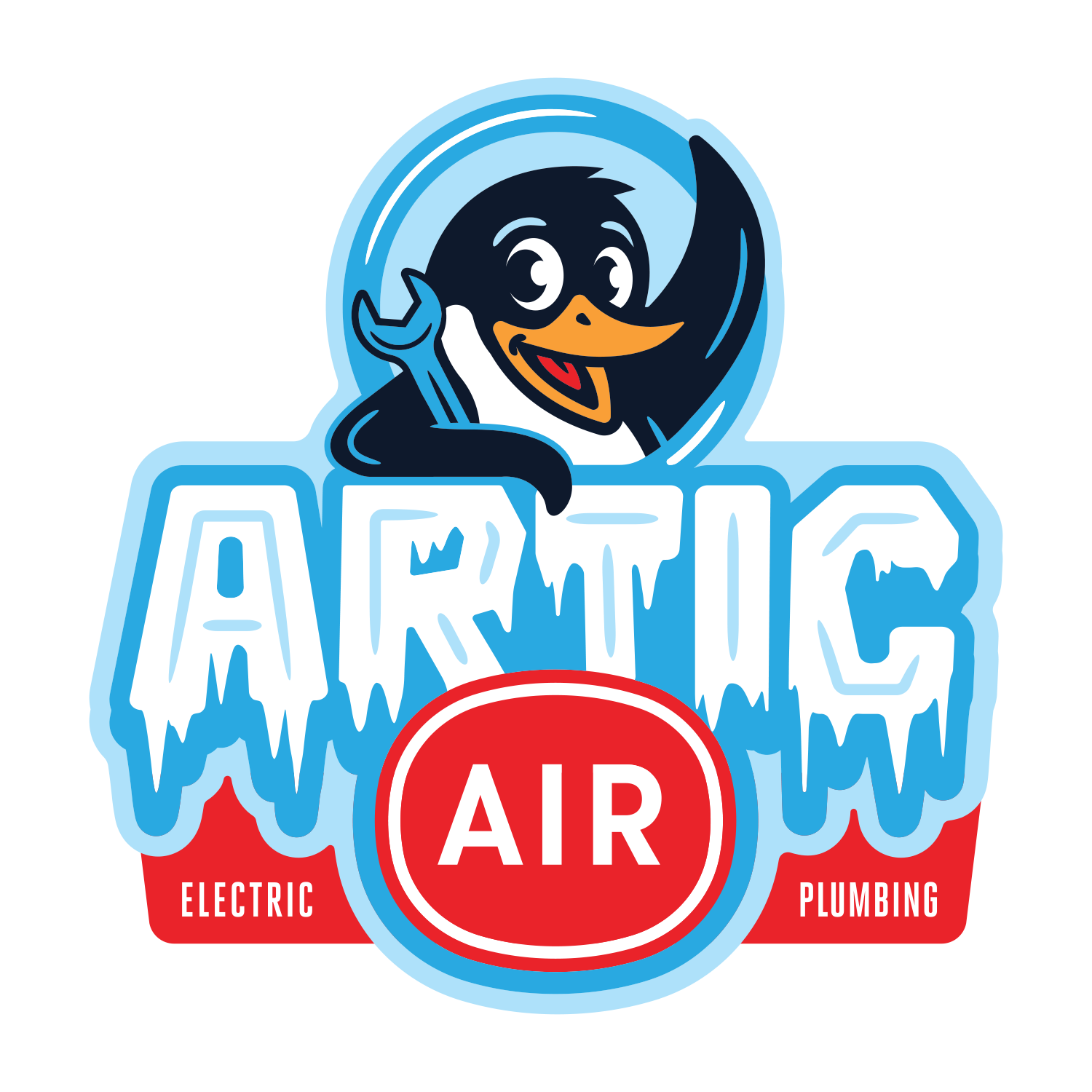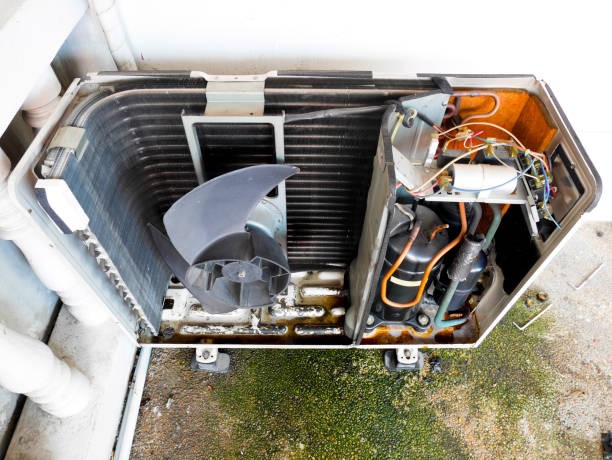Refrigerant is the lifeblood of any air conditioning system, responsible for absorbing heat from the indoors and releasing it outside. Low levels of refrigerant can not only impair the efficiency of your HVAC system but also lead to significant damage and costly repairs. Understanding how to spot the signs of low refrigerant can help you address the issue promptly, ensuring your system operates optimally. Here’s what you need to keep an eye out for.
Common Signs of Low Refrigerant Levels
- Reduced Cooling Capacity
One of the most noticeable signs of low refrigerant is a decrease in the system’s cooling capabilities. If your air conditioner is running but not lowering the temperature inside as effectively as it used to, it might be time to check the refrigerant levels.
- Hissing or Bubbling Noises
Refrigerant leaks can manifest through audible hissing or bubbling noises coming from your AC unit. These sounds indicate that the pressurized refrigerant is escaping from a hole or crack in the cooling system’s coils.
- Ice Buildup on the Evaporator Coils
Ice formation on the coils is a common symptom of low refrigerant. When there isn’t enough refrigerant to absorb heat effectively, the coils can get too cold, causing the condensation on them to freeze.
- High Electric Bills
If there’s a sudden spike in your energy bills without an obvious increase in usage, it could be due to your AC unit working harder to compensate for the lack of refrigerant, which increases energy consumption.
- Long Cooling Cycles
An air conditioner with insufficient refrigerant may run longer than normal to try to reach the set temperature. This extended operation can lead to increased wear and tear as well as higher operational costs.
- Warm Air from Vents
Feeling warm air blowing from your AC vents when you expect cool air can indicate low refrigerant levels. This happens because the system lacks enough refrigerant to effectively remove heat from the air.
What to Do If You Suspect Low Refrigerant
- Contact a Professional
Refrigerant handling is a task that requires professional expertise due to the technical and safety issues involved. HVAC technicians are trained to handle refrigerant safely and are legally certified to recharge systems.
- Regular Maintenance
Preventative maintenance is key to detecting and addressing refrigerant issues before they worsen. Annual inspections can help ensure your system has the correct refrigerant charge and is free from leaks.
- Monitor System Performance
Keep an eye on your HVAC system’s performance, especially cooling efficiency and cycle times, to catch potential refrigerant issues early.
Recognizing the signs of low refrigerant levels in your HVAC system is crucial for maintaining optimal performance and avoiding unnecessary damage. Regular maintenance checks and timely professional intervention are your best bets for keeping your system running efficiently. If you suspect your AC is low on refrigerant, don’t wait until it’s too late—call a certified technician to inspect your system.

